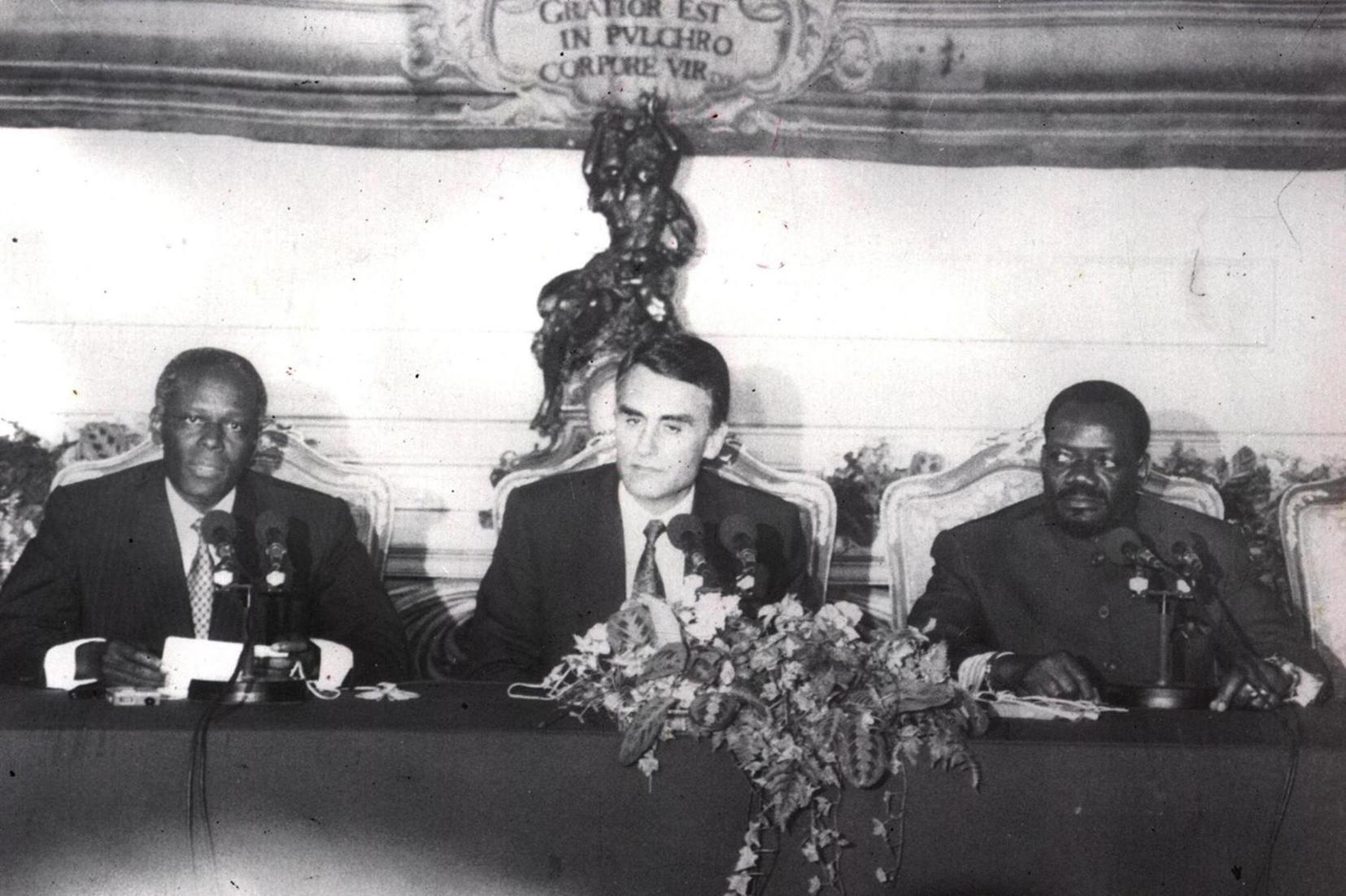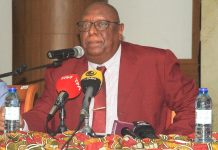Africa-Press – Angola. Angola marks this Friday, May 31st, the 33rd anniversary of the signing of the Bicesse Peace Accords, which resulted in the beginning of the democratic process, marked by the holding of the first elections in Angola.
The agreements were signed on May 31, 1991, in Estoril, Portugal, by the then President of the Republic of Angola, José Eduardo dos Santos, and by the leader of UNITA, Jonas Savimbi, in the presence of representatives from Troika of Observers countries, namely Portugal, the Soviet Union (currently Russia) and the USA.
Its main objective was to end the civil war and hold the first elections in the country, which took place on September 29 and 30, 1992, under the supervision of the United Nations.
The agreements provided for, regarding military issues, a ceasefire in the country, the quartering of UNITA’s military forces and the consequent demilitarization of this organization, the disarmament of the civilian population and the formation of a single national Army with personnel from FAPLA (Government) and of FALA (UNITA).
The negotiations were mediated by Portugal, the former Soviet Union and the United States of America (USA).
With the Bicesse Accords, 16 years of military confrontation and disagreements between the Government and the then rebel movement, UNITA, ended. Angolans thus had the opportunity to face the future with optimism and confidence.
However, UNITA would be defeated in the elections and, shortly afterwards, violence returned, first to the streets of Luanda and then to the rest of the country.
The clashes between the Government and UNITA would only cease after the death of Jonas Savimbi, on February 22, 2002, thus enabling the signing, on April 4 of the same year, of the Complementary Memorandum of Understanding to the Lusaka Protocol, which it had been initialed on November 20, 1994, in the capital of Zambia, after a year of negotiations.
For More News And Analysis About Angola Follow Africa-Press






